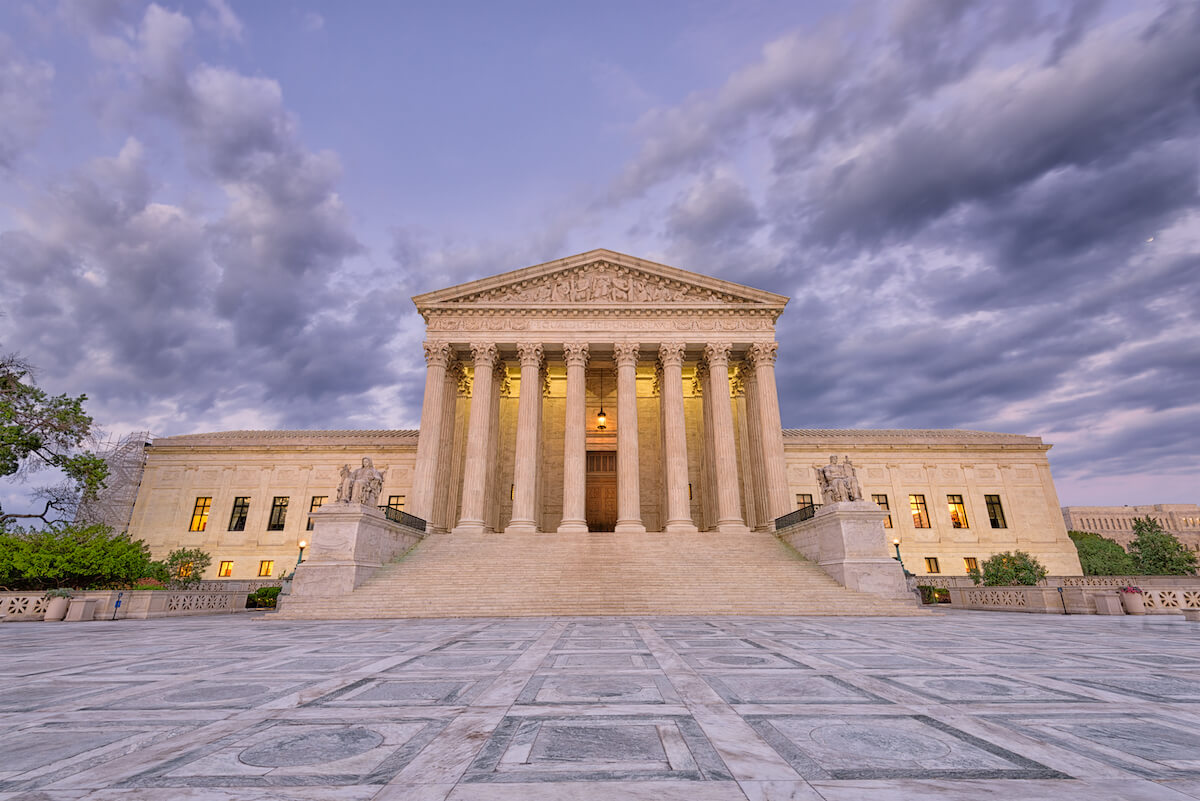Fair college admissions doesn’t exist — it’s time we stop searching for it
By Christopher Rim | June 29, 2023, at 6:02pm
In 1910, Columbia University established the first Office of Admissions in the United States.
The office was created concurrently with a new, more subjective method of evaluating applicants’ candidacy to replace the former, more objective system of admitting only the students who passed admissions examinations.
The motivation for implementing such a change in long-established admissions practices?
Limiting the Jewish population at elite universities.
This new system of admissions introduced many of the criteria that still comprise college applications in the present — letters of recommendation, personal essays, and demonstrations of leadership and character.
As Jerome Karabel notes in his 2005 monograph The Chosen: The Hidden History of Admission and Exclusion at Harvard, Yale, and Princeton, these more subjective metrics allowed schools to control the Jewish population on campus without outright quotas (though those quotas were indeed introduced shortly thereafter).
Columbia was not the only Ivy League university to alter their admissions practices in response to anxieties around the growing number of Jewish applicants — Harvard University’s history of discrimination, particularly in the 1920s under then-president Abbott Lawrence Lowell, has been well- documented.
This history of discrimination has come to the fore yet again as affirmative action was debated — and ultimately overturned — in the Supreme Court.
The legacy of these discriminatory admissions practices remains embedded in the current landscape of higher education.
Many voices in academia have leveled criticisms of these subjective admissions criteria, arguing that bias is implicit in everything from extracurricular activities to rigorous coursework.
However, even prior to the introduction of more subjective considerations in the twentieth century, admissions practices at Ivy League universities were less than fair and equitable.
Historically, the only requirement for admission was a passing score on a university-specific entrance examination.
Despite its ostensible objectivity, the examination included tests in Greek and Latin, resulting in the exclusion of the vast majority of students at public schools, which largely did not offer instruction in these languages.
As many contemporary critics have pointed out, even (or especially) standardized tests exacerbate inequality.
Prior to today’s landmark Supreme Court decision ending affirmative action, scholars, administrators, students, and faculty members alike have proffered answers to the question: How can admissions at elite institutions be made fair and equitable?
My own answer to this question is simple — admissions at elite universities cannot be fair and equitable because they were not designed to be.
Instead of trying to change the rules of the game, we need to teach applicants to be better players.
Since their founding, Ivy League schools have sought to educate the next generation of elites — presidents, innovators, and industry leaders in a diversity of fields.
While these schools did not exclusively admit students from elite or upper class families — as recently as 1940, Harvard’s acceptance rate hovered around 90%, and Harvard has historically been known for its socioeconomically diverse student body —t hey intended to accept talented students from different strata of society and cultivate them into a new class of elites.
In the last century, that underlying intention has not wavered, but the influx of applicants in the post-WWII years has inevitably led to dramatically shrinking acceptance rates.
The most recent admissions cycles saw historically low acceptance rates at many of the nation’s top universities — Harvard reached a record low in the 2021-22 cycle at 3.19%, and Yale likewise reached a record low of 4.35% in the 2022-23 cycle.
Faced with admissions pools topping 60,000 applicants, Ivy League schools continue to rely on the “holistic review” — a subjective means of evaluating the swelling pool of applications, and one that closely resembles the methodology instituted in the 1910s.
This intentionally vague means of evaluating candidacy is at the heart of the Students for Fair Admissions Inc. cases against Harvard and UNC, sparking some of the most tense exchanges during oral arguments in October of 2022.
I would suggest that the starting point of a successful application to the nation’s top schools is an acknowledgement of the fundamental flaws in the process.
If students and colleges alike can recognize the historic and contemporary biases that pervade admissions in higher education — whether unintentional or by design — applicants should approach the process more strategically.
What does a well-defined, strategic approach in an otherwise opaque process actually mean?
For starters, applicants should aim to tell a cohesive story through their activities, essays, and coursework, understanding that admissions officers cannot possibly take into account the many facets of a student’s identity and will instead respond to one clear voice and one distinct passion reflected throughout their application.
For students outside of metropolitan areas, it means taking advantage of universities’ initiatives to admit more students from rural communities.
For lower-income students, it means taking advantage of all of the scholarship opportunities and programs for students of different socioeconomic backgrounds.
It entails using all available connections to secure internships and research opportunities, obtain funding for a small business, or develop a non-profit.
It requires starting as early as freshman year of high school to build a cohesive resume, oriented around a clear and distinct interest.
In my work as a private admissions consultant, I have met with frantic parents considering drastic measures such as relocating to a less populous state, moving school districts, changing their last name, or donating huge sums of money to institutions — all to get their child a spot at the nation’s top colleges.
While many scoff at the lengths these parents will go for their child’s Ivy League seat, they understand something that elite schools do not want to admit — admissions at prestigious universities is a game, and getting in is all about leveling up your strategy.
Originally published on the New York Post on June 29, 2023



